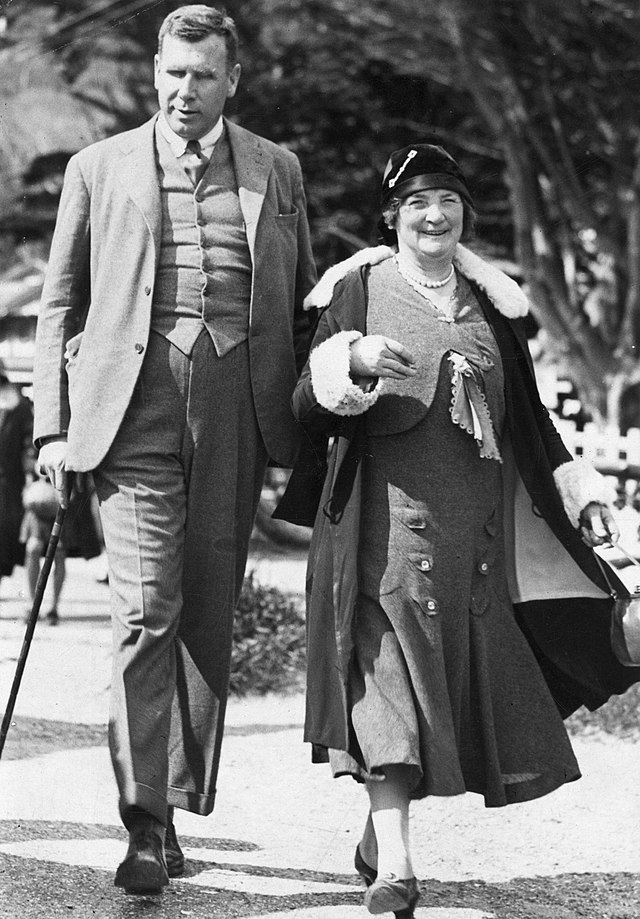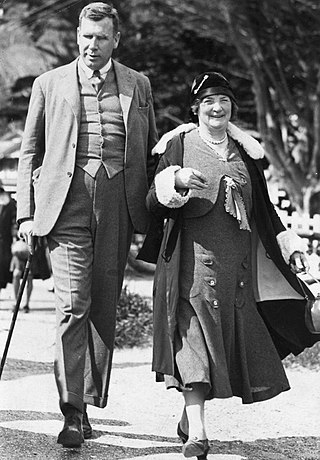Clutha Mackenzie
New Zealand politician From Wikipedia, the free encyclopedia
Sir Clutha Nantes Mackenzie (11 February 1895 – 30 March 1966) was a New Zealand politician and worker for the blind. He was briefly a Reform Party Member of Parliament.

Biography
Summarize
Perspective
| Years | Term | Electorate | Party | ||
|---|---|---|---|---|---|
| 1921–1922 | 20th | Auckland East | Reform | ||
Mackenzie was born in Balclutha in 1895. He was the youngest child of Sir Thomas Mackenzie,[1] who was High Commissioner in London and was previously a Liberal politician (and Prime Minister in 1912). Mackenzie Jr. enlisted in the Army in World War I.[2] He was blinded at Chunuk Bair during the Gallipoli campaign and was sent to the No. 2 New Zealand General Hospital at Walton-on-Thames to convalesce.[3] At the hospital he was one of the patients of his sister Mary, who was a member of the Voluntary Aid Detachment here.[4] After recovering he was sent to the live with other blind soldiers in a house in Portland before attending St Dunstan's, the Institute for the Blind Soldiers and Sailors.[4] At the institute he learnt Braille as well as how to type.
He was active in organisations for the blind; he was attached to the UN and was Chairman of the World Braille Council. He was appointed a Knight Bachelor in the 1935 New Year Honours.[5] Later that year he was awarded the King George V Silver Jubilee Medal.[6]
Mackenzie won the Auckland East electorate in a 1921 by-election[7] after the resignation of Arthur Myers,[8] but was defeated in the next election in 1922 by John A. Lee.[9]
Mackenzie died in Auckland in 1966,[1] and his ashes were buried in the Dunedin Northern Cemetery.[10]
Notes
References
Further reading
External links
Wikiwand - on
Seamless Wikipedia browsing. On steroids.
